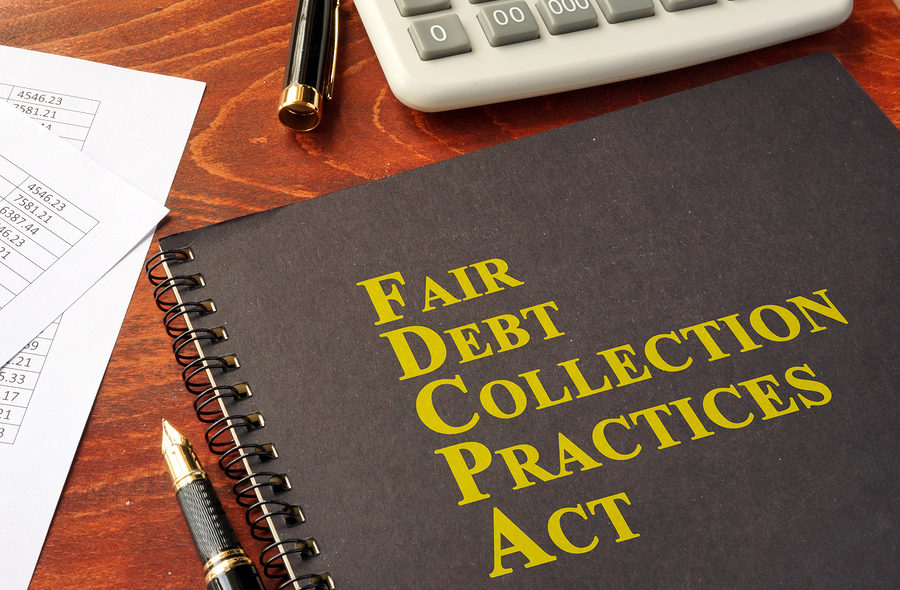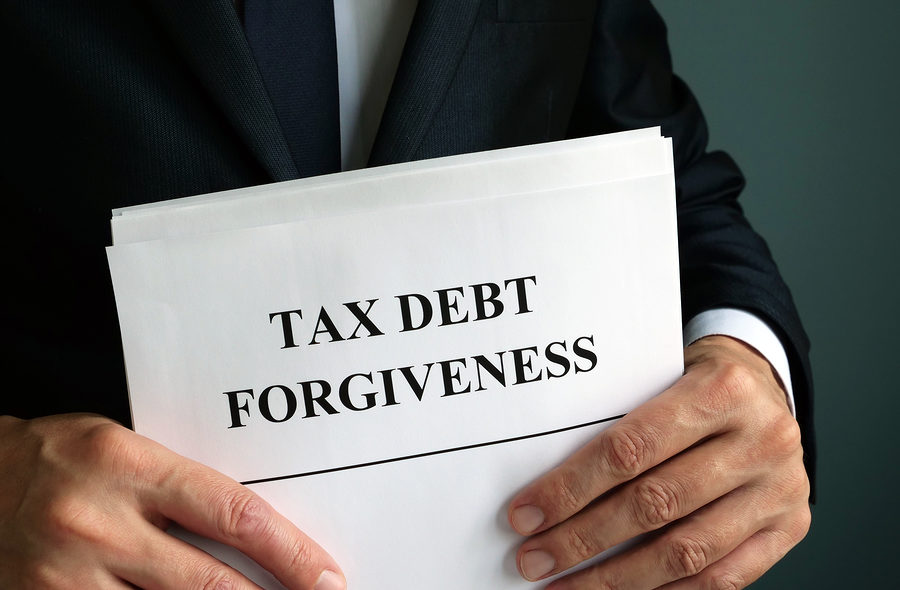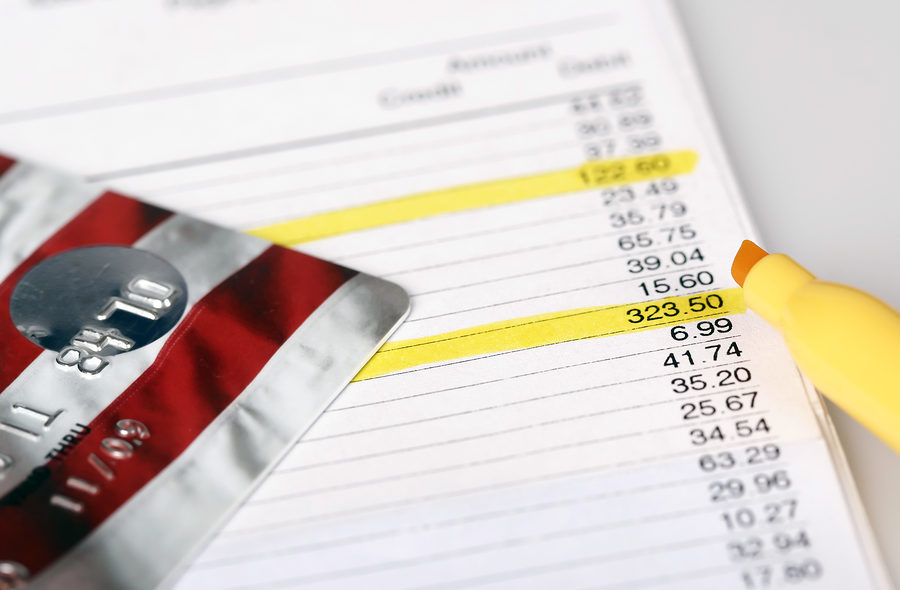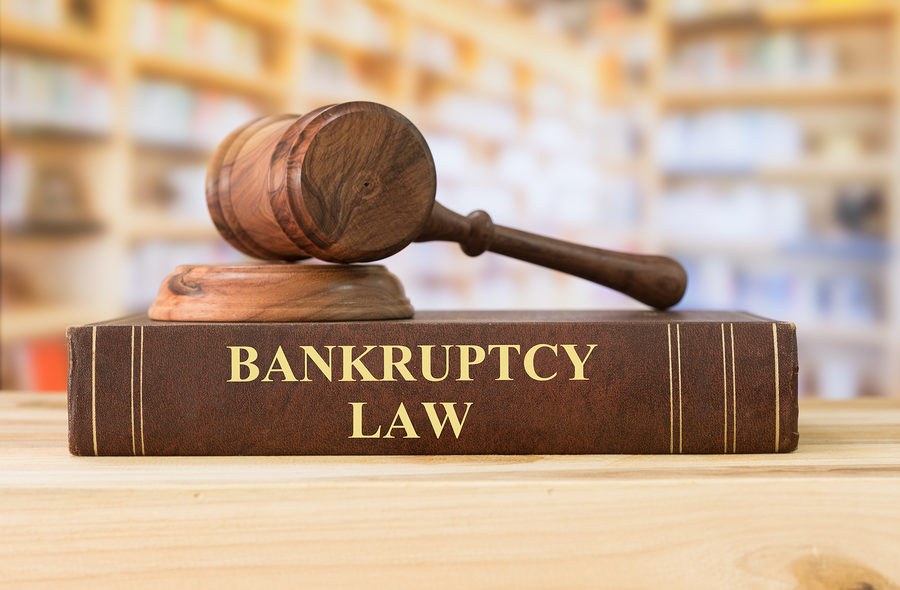When someone is in debt, he or she may feel trapped with nowhere to turn. According to Northwestern Mutual’s 2018 Planning & Progress Study, the average American consumer has $38,000 in debt, not including their mortgage.
As soon as creditors or debt collectors begin contacting the consumer regarding what he or she owes, the person may feel like he or she has no choice but to do whatever is being demanded of him or her. However, most consumers do not realize that they do, in fact, have rights when it comes to debt they owe. It helps to know what these rights are when debt collectors or creditors come calling.










